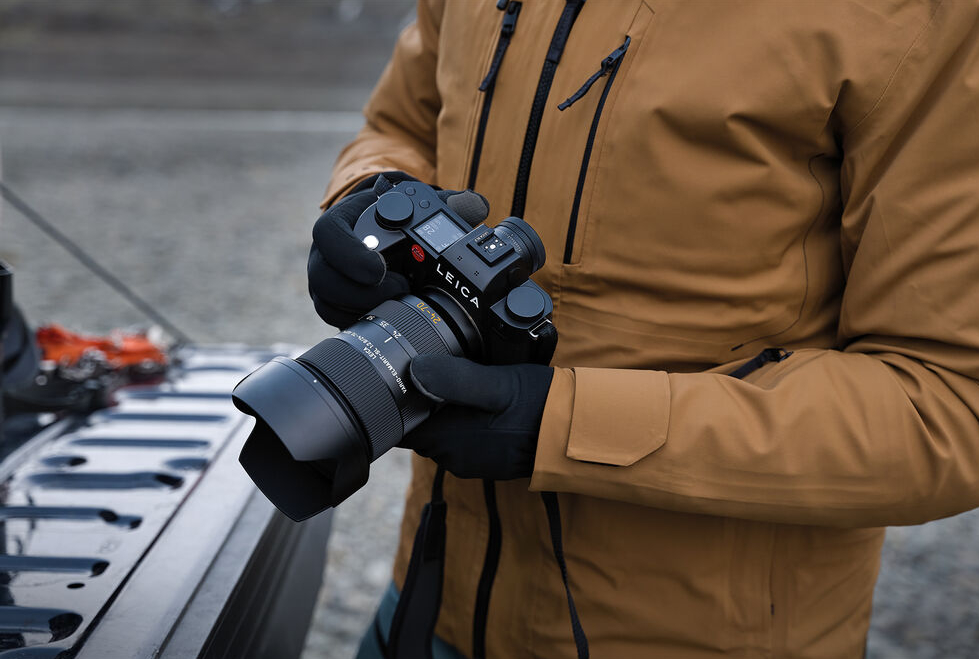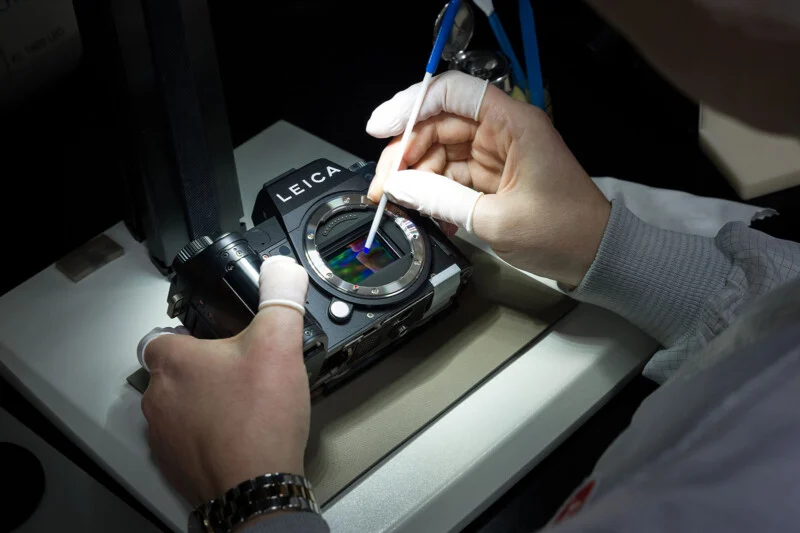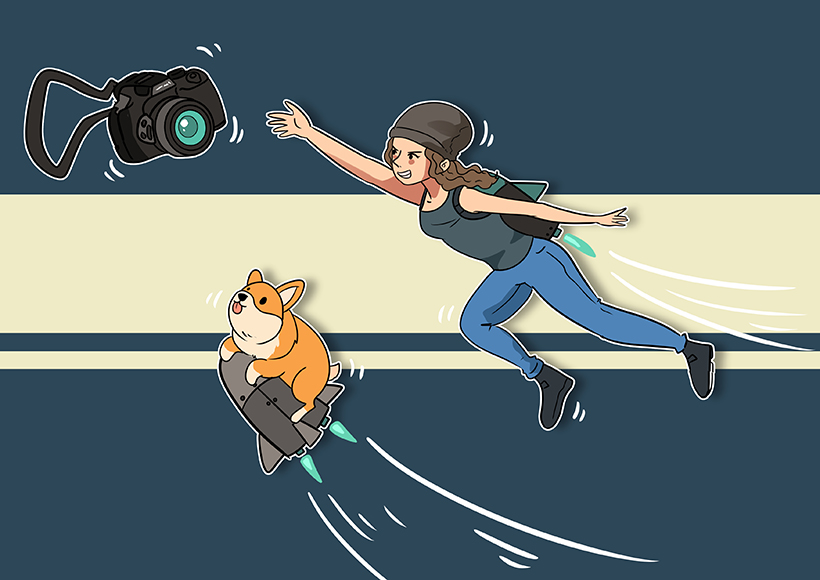
Leica’s recently announced SL3 camera caused some excitement among fans of the brand thanks to robust specs inside an especially compact body.
However, the new model, the successor to the SL2, lacks one interesting thing, and here’s the reason why.
Content Credentials also called the C2PA standard, is a new technology that is gaining traction in the age of photorealistic but fake renderings of photos.
It was first introduced in October of 2023 in the Leica M11-P and has since then been promoted further.
What this technical standard offers is a locked-in means of ensuring a photo’s provenance as a real thing, taken with a real camera in a real place from the moment of its capture to whatever eventual use that image has.
With C2PA, metadata is securely attached to an image upon creation and used to track all changes from then onward.

While this technology may not yet seem very important to many photographers and users, it or something like it could become especially crucial in the coming years.
This may expand as AI-rendered images or real images heavily modified by AI become ever more difficult to detect.
In fact, even now, some publications among those associated with the Content Authenticity Initiative, even require C2PA in a camera for photos submitted to them. They’ll even disqualify images that lack it.
We can likely expect this to be more widely enforced by organizations, or at least some variant of it.
The Content Authenticity Initiative’s standard is open-source and easy to adapt by camera makers and others. While there is debate around its merits, it does offer at least an effort at protection for photographers against accusations of AI fakery.
With all the above said, Leica’s newest device, the SL3, doesn’t come with the C2PA standard built into it.
On the one hand, this isn’t extraordinarily odd, since most cameras sold today don’t include Content Authenticity yet. Though the Initiative has welcomed new members like Canon, Nikon and Sony, it hasn’t made much headway in camera models themselves.
In the case of Leica though, the company already included C2PA in its M11-P and seems to be a major proponent of Content Credentials/Content Authenticity.
So what gives with the SL3?


Well, according to Leica in a statement to the website PetaPixel,
“The Content Credentials (CAI) function was introduced as a world first with the Leica M11-P. The development and implementation of new technology is a complex process that requires time and resources. Unexpected risks may arise, leading to delays,”
The company further elaborated that the M11-P included Content Credentials because its technical development and market readiness lined up the C2PA standard being ready.
According to Leica, the SL3 was on the other hand developed in parallel but without being ready in time for Content Credentials to also be included in it due to technical problems and a possible product launch delay.
According to the Content Authenticity Initiative, camera makers can implement C2PA support in different ways. It can be done via dedicated chip technology as Leica did with the M11-P, or it can involve firmware updates.
Given that latter option, you’d think that giving C2PA to the SL3 wouldn’t be a problem and that it wouldn’t be a problem for other CAI members like Sony and Nikon to do the same.
So far, however, none of them have. Sony and Nikon are apparently making active efforts to add the Content Credentials firmware to their existing cameras, though no specific cameras have it yet as far as we know.
Leica justifies its choice by explaining that C2PA via firmware doesn’t meet its standards for the encryption of metadata and that only a dedicated chip is good enough.


So far, this is their stated reasoning for the lack of the technology in the SL3, but it does seem odd.
Though this is speculative, maybe the delays in its implementation have more to do with sensing the winds of customer reaction to the standard than with technical problems that seem minor at most.
Lack of C2PA aside, the 60-megapixel Leica SL3 is one very impressive compact mirrorless camera from this iconic brand, and it’s worth a closer look now that it’s about to start shipping.
Highly Recommended


Check out these 8 essential tools to help you succeed as a professional photographer.
Includes limited-time discounts.






